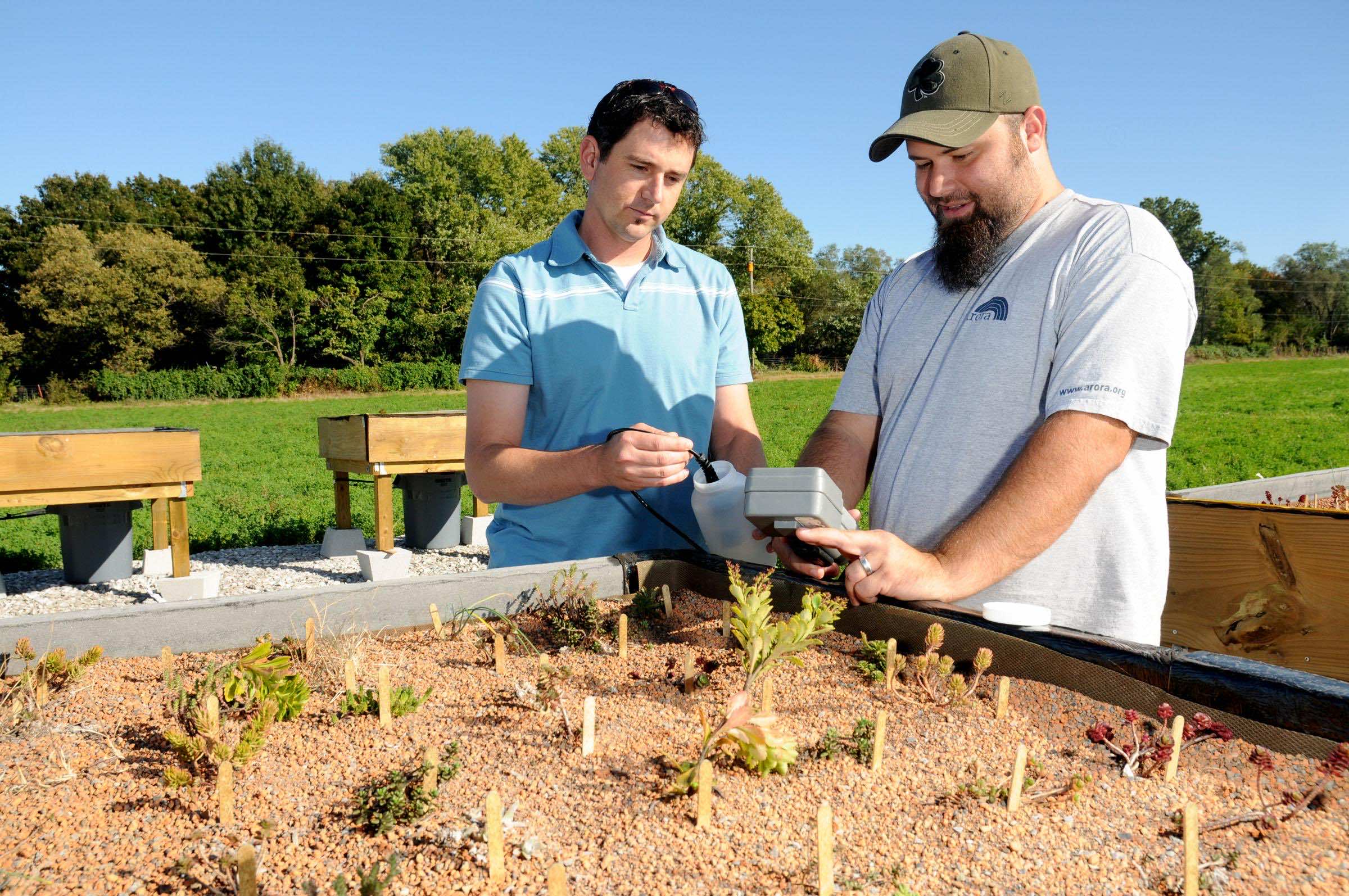The Role Of Civil Engineering In Sustainable Agriculture

Agricultural engineering is a field of study that focuses on developing new technologies and techniques to improve the efficiency and productivity of agricultural practices. This field combines principles of engineering, biology, and agricultural sciences to provide innovative solutions to complex agricultural challenges.
As the world's population continues to grow, access to safe and nutritious food becomes increasingly important. Agricultural engineering plays a crucial role in meeting this demand by developing new technologies that help farmers produce higher yields, reduce waste, and conserve resources.
Frequently Asked Questions
What do agricultural engineers do?
Agricultural engineers work on a wide variety of projects related to agriculture, including designing and building new equipment such as tractors, irrigation systems, and harvesting machinery. They also develop and implement new techniques for managing soil health, conserving water, and controlling pests and diseases.
What skills are needed to be an agricultural engineer?
To be a successful agricultural engineer, you should have a strong background in math and science, with an emphasis on biology, chemistry, and physics. You will also need good problem-solving skills, as well as the ability to communicate effectively with other professionals in the field.
What are some of the challenges facing agriculture today?
One of the biggest challenges facing agriculture today is the need to produce more food with fewer resources, such as land, water, and energy. Climate change is also a major concern, as rising temperatures and changing weather patterns can have a significant impact on crop yields and the health of plants and animals.
How can agricultural engineering help address these challenges?
Agricultural engineering can help address these challenges by developing new technologies and techniques that optimize resource use and minimize waste. For example, precision agriculture techniques like sensor-based irrigation systems and GPS-guided tractors can help farmers more efficiently use water and other resources. Agricultural engineers also work on developing new crop varieties and improving soil health to make farming more productive, sustainable, and resilient in the face of environmental pressures.
The future of agricultural engineering
Looking ahead, there is no doubt that agricultural engineering will play an increasingly important role in shaping the future of farming and food production. As technologies like artificial intelligence and robotics become more advanced, they will offer new opportunities to streamline agricultural processes and improve productivity and profitability for farmers.
There will also be a growing focus on sustainability and environmental impact in agriculture, as farmers and consumers become more aware of the connection between food production and climate change. Agricultural engineers will need to develop new solutions that help farmers reduce their carbon footprint, minimize waste, and protect natural resources like soil and water.
Ultimately, the future of agricultural engineering is closely tied to the future of food security and sustainable development. By working together to develop innovative technologies and techniques, agricultural engineers and farmers can help create a more sustainable and equitable food system that meets the needs of people and the planet.


Post a Comment for "The Role Of Civil Engineering In Sustainable Agriculture"